Name: Southern Right Whale (Eubalaena australis)
Length: 15 metres.
Weight: 47 tonnes.
Location: Southern sub-topical to sub-Antarctic waters.
Conservation status: Least Concern.
Diet: Copepods and Krill.
Appearance: Dark grey or black, sometimes with white patches on the underside.
How do Southern Right Whales feed?
Southern Right Whales are baleen whales. Unlike other baleen whales that filter water through baleen plates, Southern Right Whales are skimmers. They swim through krill clouds with open mouths, trapping krill as they move.
Are Southern Right Whales social?
Southern Right Whales are curious and playful around humans, often interacting with boaters and kayakers. They also engage with Dolphins and Humpback Whales.
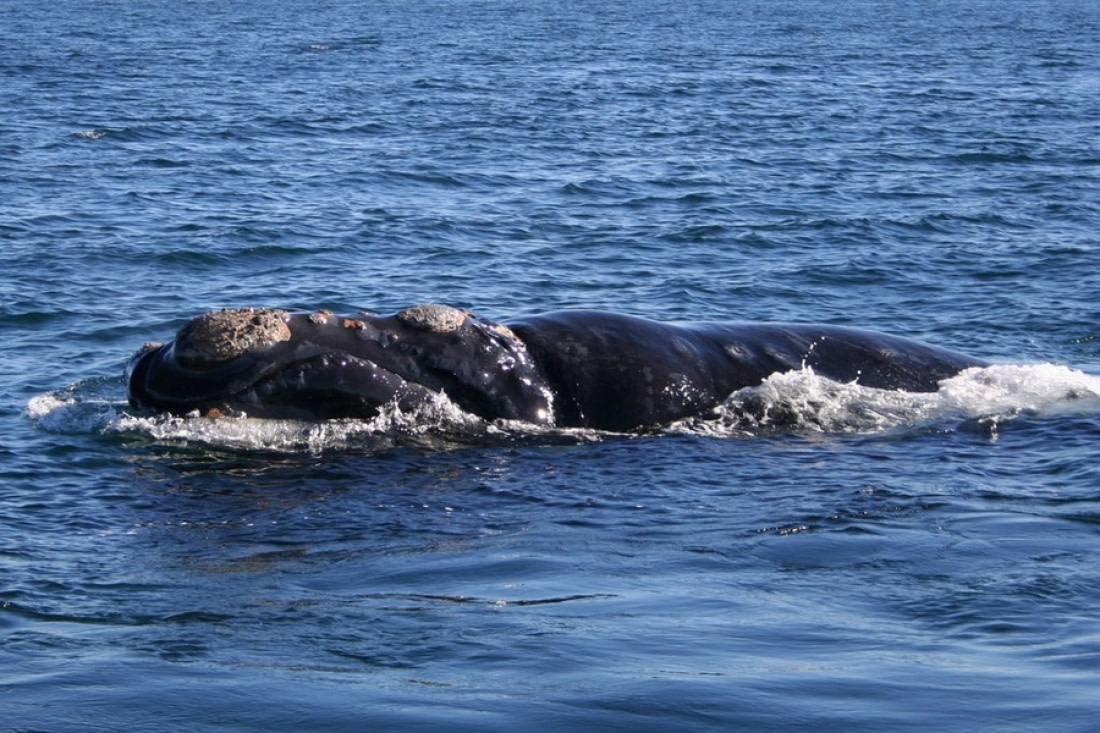
How fast do Southern Right Whales swim?
They swim slowly, averaging around 5 km per hour.
What are Southern Right Whales mating rituals like?
Females mature sexually at around 9 years and give birth every 3 to 4 years. The breeding season is from mid-July to August. Females are surrounded by males and will roll onto their backs to avoid mating until ready. Males compete for access, and the female may mate with multiple males. Pregnancy lasts over a year, and calves weigh 1,500 kg at birth.
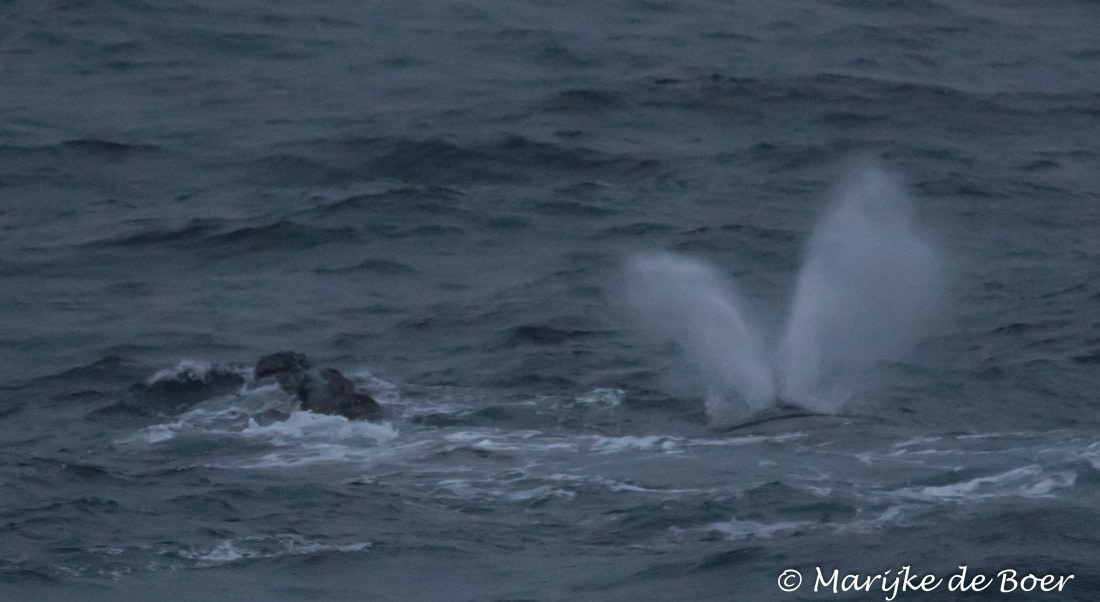
How long do Southern Right Whales live?
They are believed to live around 50 years, though some similar species live up to 100 years.
How many Southern Right Whales are there today?
There are approximately 10,000 Southern Right Whales worldwide.
Do Southern Right Whales have any natural predators?
They are attacked by Kelp Gulls in Patagonia, which cause significant injuries. Calves are also vulnerable to Killer Whales and Great White Sharks.
7 Surprising Southern Right Whale Facts
- They lack a dorsal fin.
- Their testicles are the largest in the world, up to 500 kg each.
- They can't enter tropical waters due to their thick blubber.
- They sometimes "sail" by sticking their flukes in the air.
- They are among the rarest large whales due to whaling.
- Their calluses are used for individual identification by scientists.
- They were named "right whales" because they were the preferred target for whalers.

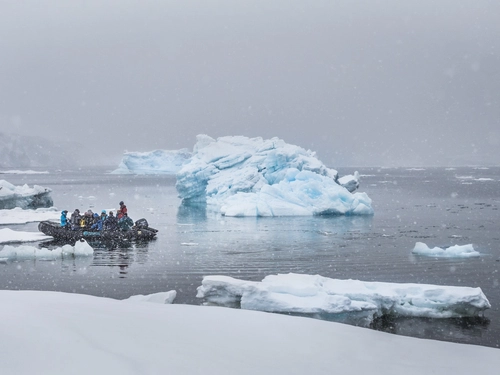


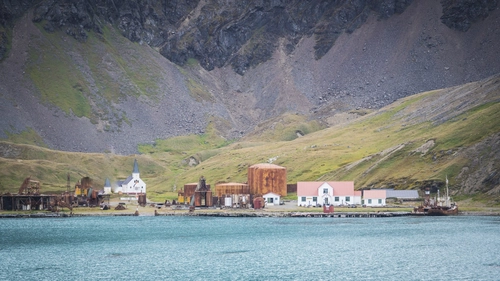

Related Trips


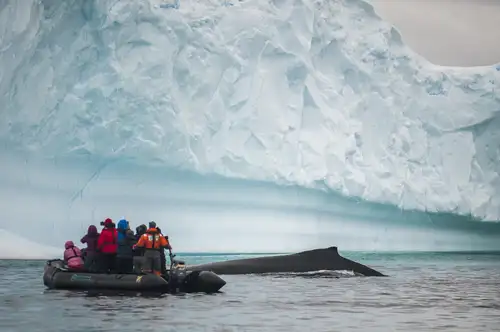
A Day of Whale Watching in Antarctica
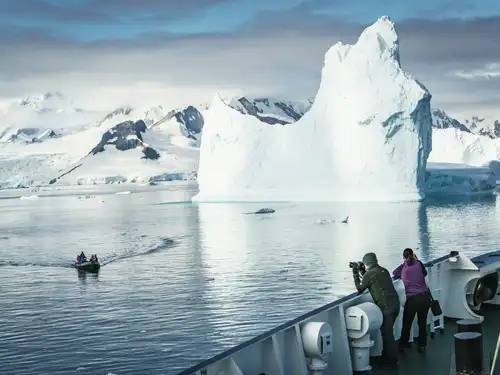
Antarctic Explorer’s Voyage
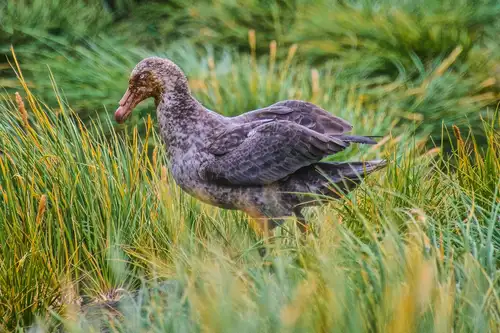
The Giant Petrels of King George Island
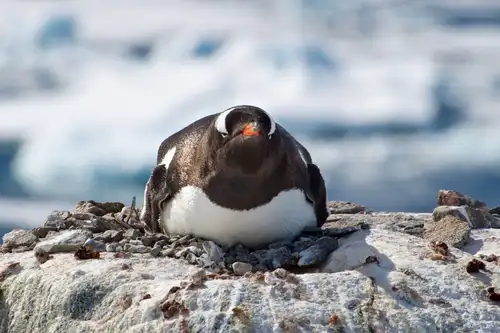
Life in a Penguin Colony
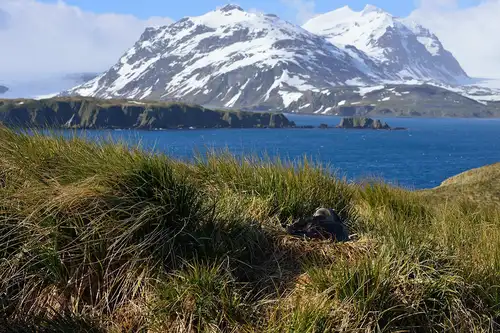
Flowers in Antarctica
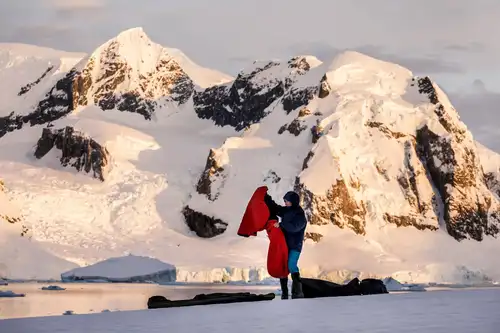
Camping in Antarctica: a True Expedition Experience
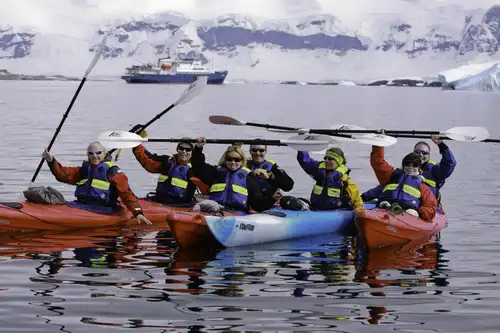
A Day of Basecamp in Antarctica – Paradise Harbour
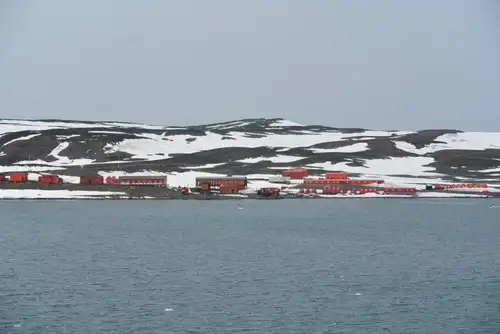
Living the Antarctic Dream
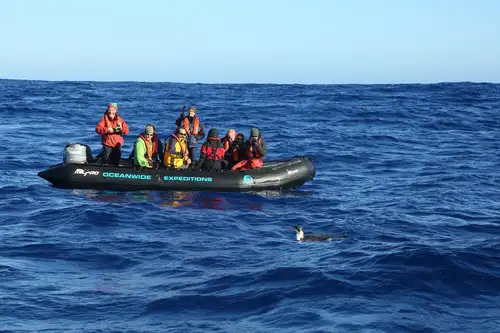
The Emperor Penguin of the Drake Passage
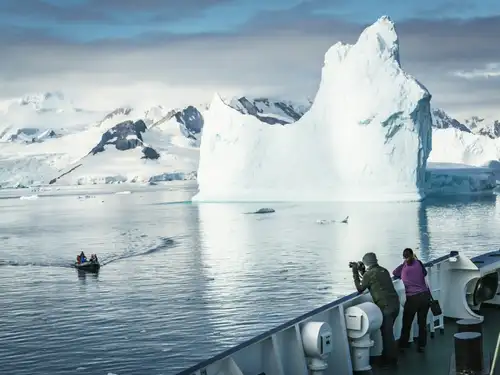
The Classic Polar Cruise: Antarctic Peninsula Facts, Pics, and More
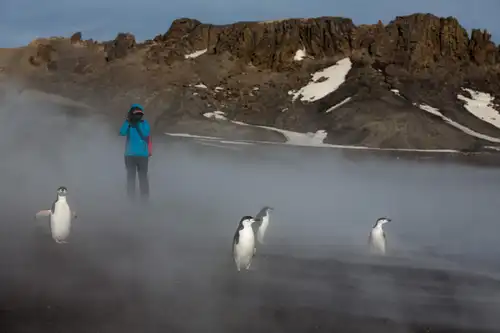
Graham Land: A landscape dominated by volcanoes
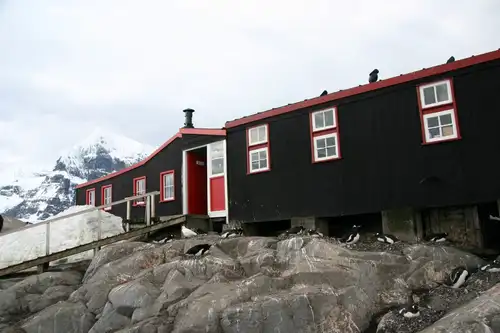



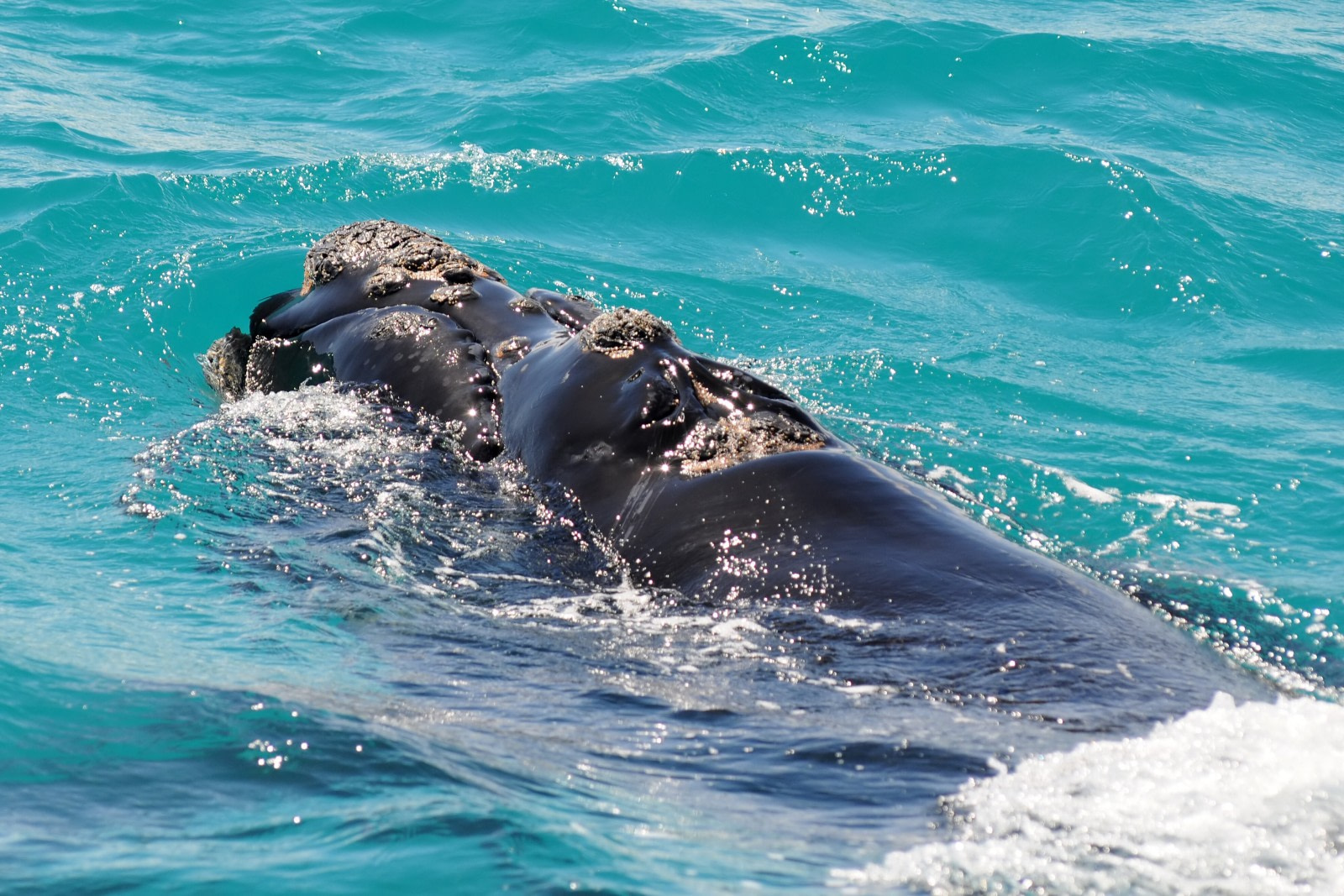
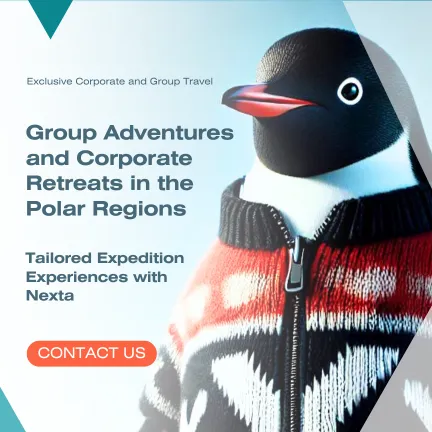
 11 Days / 10 Nights
11 Days / 10 Nights





